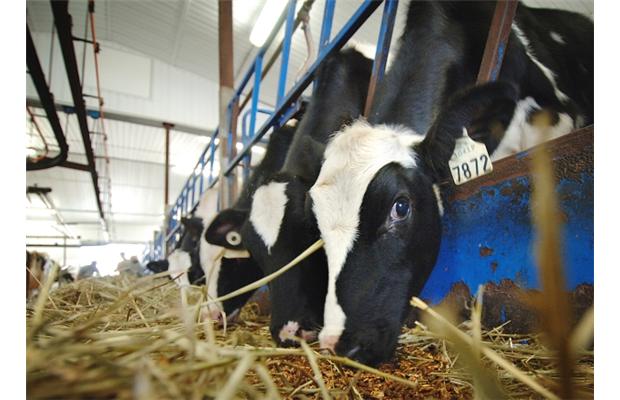Playing chicken with supply management

Guelph Mercury | Tue Jun 26 2012
Playing chicken with supply management
An excerpt from an editorial first published in the Red Deer (Alta.) Advocate:
Prime Minister Stephen Harper must have a special yearning for Canada to be invited into the Trans-Pacific Partnership talks. Not so much because the association is building the ultimate free trade deal, but because they’re building the ultimate omnibus bill.
Rules can change, but at present, every member of the club has to sign on to every aspect of the trade deal — even any parts negotiated before Canada became a member. (Right now, there are nine members: New Zealand, Brunei, Chile, Singapore, Australia, Peru, Malaysia, Vietnam and the United States. Canada and Mexico will be the next to join.)
Under current rules, all parties have veto rights over the entire agreement, for all other members. No deal on pineapple trade, for instance, no deal on anything at all. That’s an omnibus bill Harper could only dream of: once you’re in, there’s no compromise, ever.
Therefore, all the compromises have to be made up front.
The stumbling block for Canada in joining this club is that if we accept a seat at the table, everything anyone else wants on the table, must be on the table. That includes our supply management and quota systems on dairy, poultry and eggs, plus their attendant tariff barriers at the border.
Harper says Canada will not yield its national programs protecting the dairy farmers of Canada, and our chicken and egg producers — all of whom have paid for quota rights to predetermined levels of production, and of course, a protected market.
The Dairy Farmers of Canada believe Harper’s promise and fully expect Canada to emerge from the Trans-Pacific Partnership talks with the protected market and paid-for quota systems intact.
To an outsider, it’s difficult to see how this could happen.
But that difficult notion explains why Canada has only concluded free trade talks worth a whopping 0.4 per cent of our exports in Harper’s entire tenure, though we do have ongoing talks with Europe, India, Japan and South Korea.
The Globe and Mail reports that the Trans-Pacific Partnership group represents 76 per cent of all of Canada’s exports. Add in Mexico, and that jumps to 85 per cent.
Here’s another interesting wrinkle: the TPP contains countries from the only global zone where exports can significantly grow.
We’re not likely to get very much more than we have now in a trade deal with the European Union as long as we keep supply management off the table. As well, resistance to Canada joining the Trans-Pacific Partnership is coming in part from the U.S., which has long objected to our quota systems in agriculture. A veto is a veto.
But so what? Given their economic problems, Europe and the U.S. have limited growth potential as trade partners, and our policies are aimed elsewhere. We may be able to afford to play hardball on milk and eggs with Europe and the U.S.
Not so much the emerging markets of Asia.





